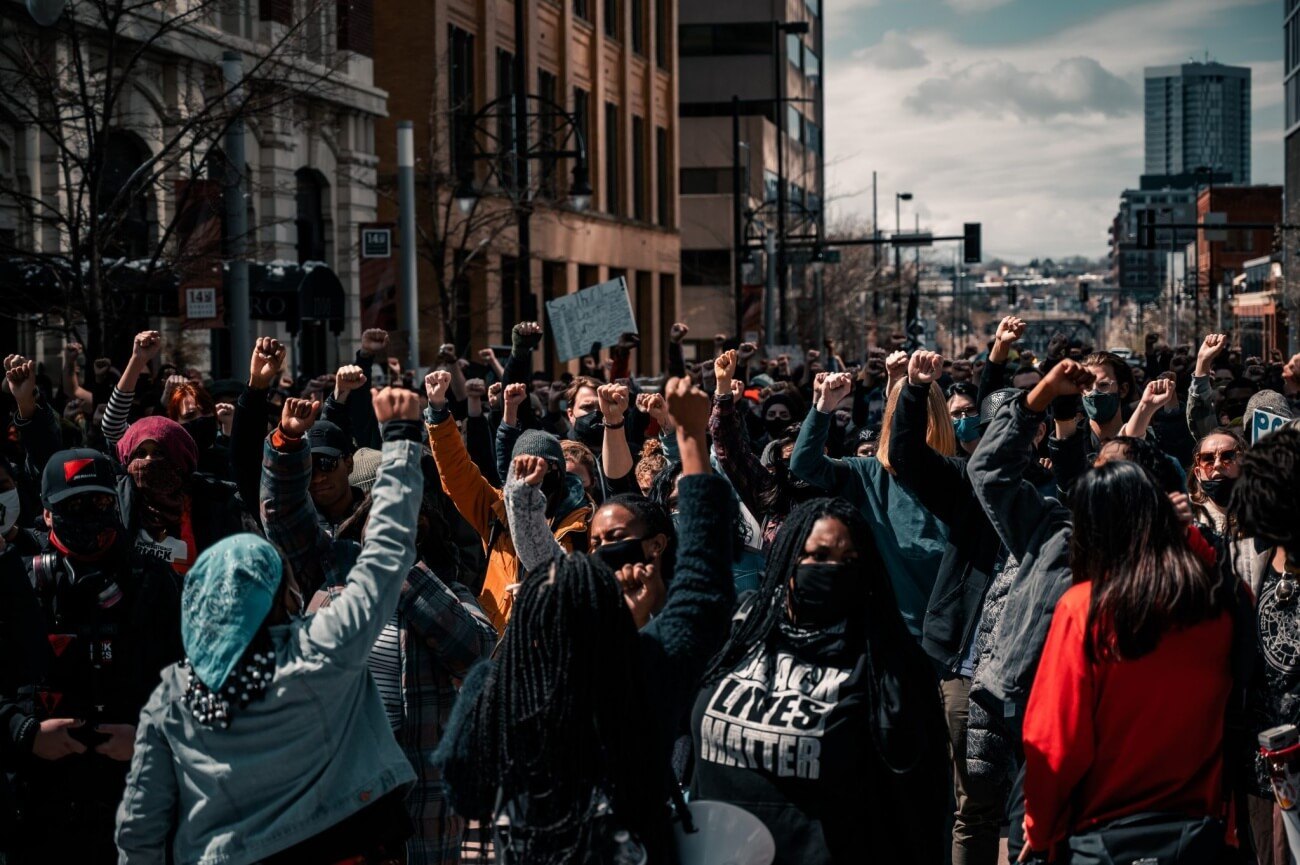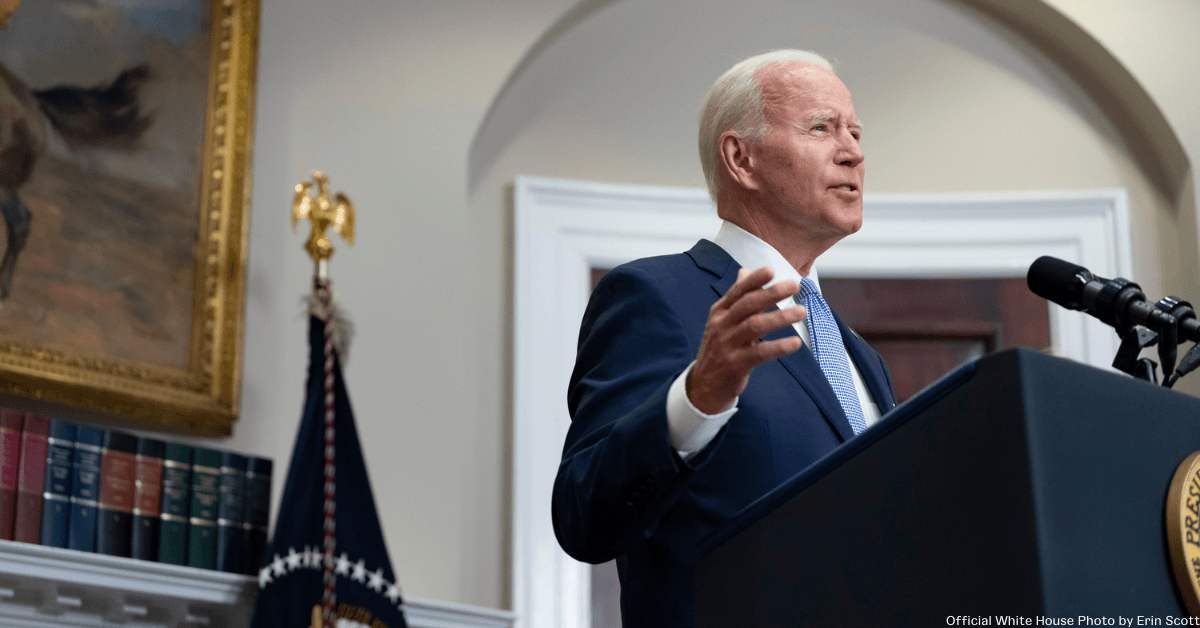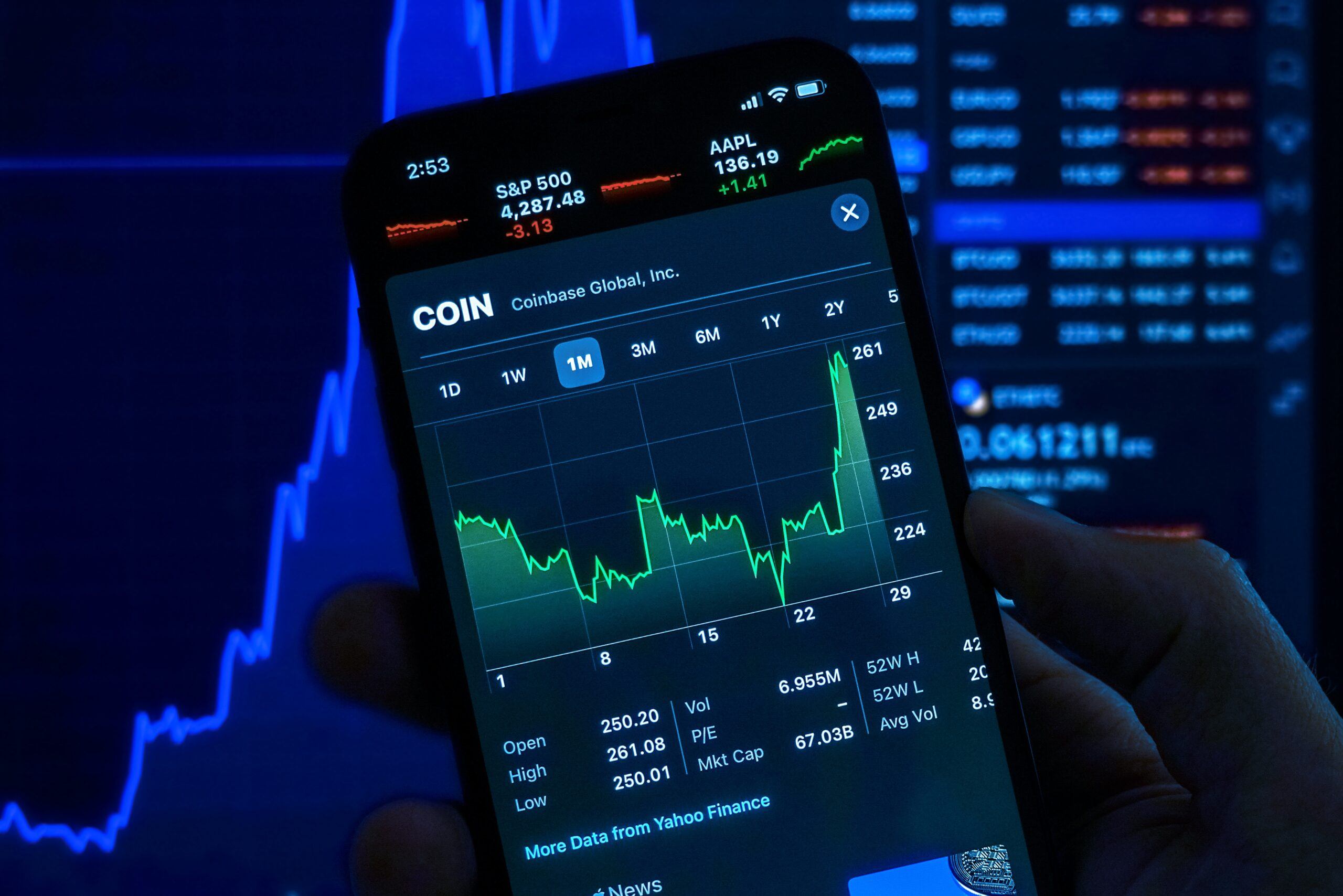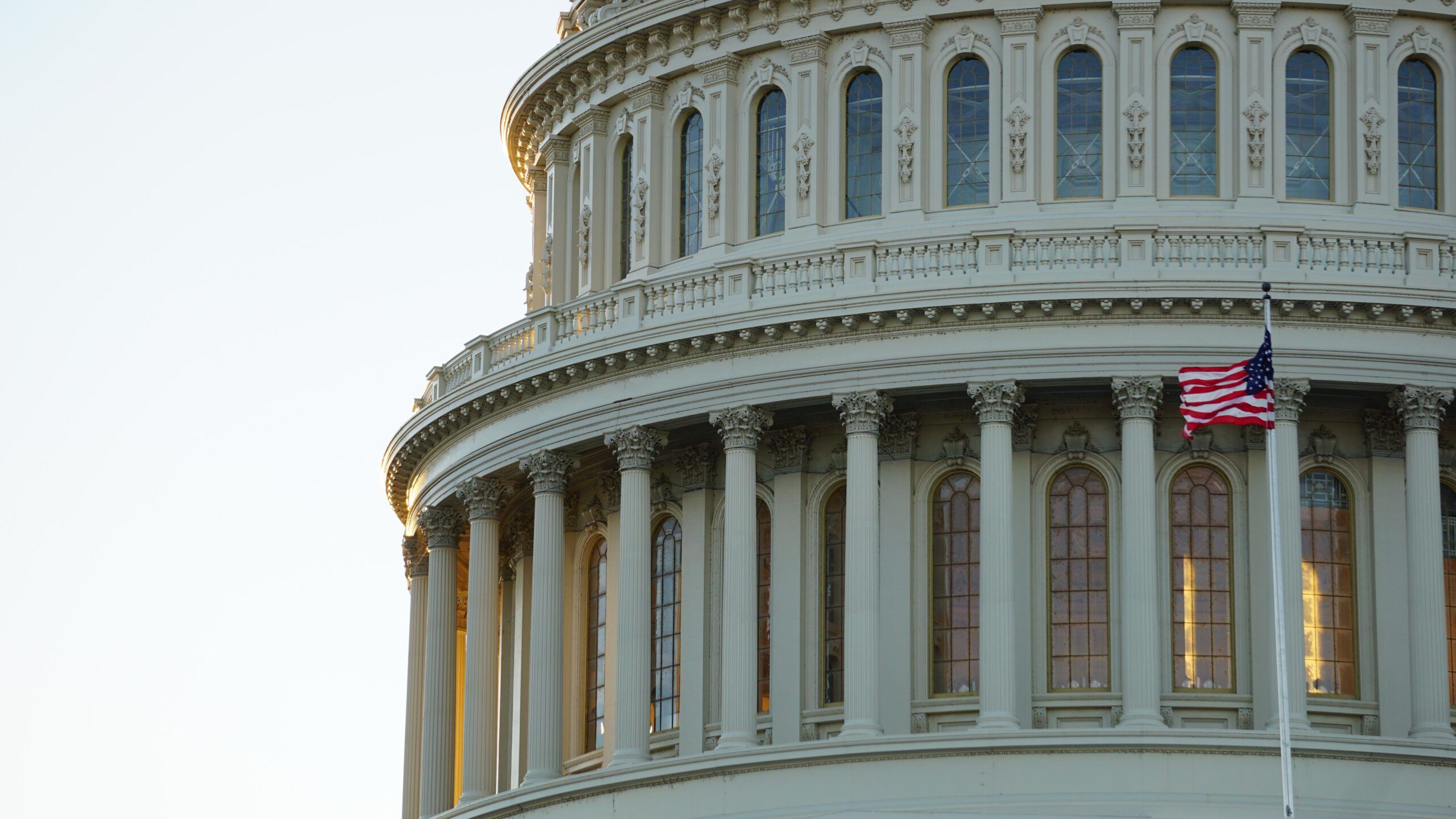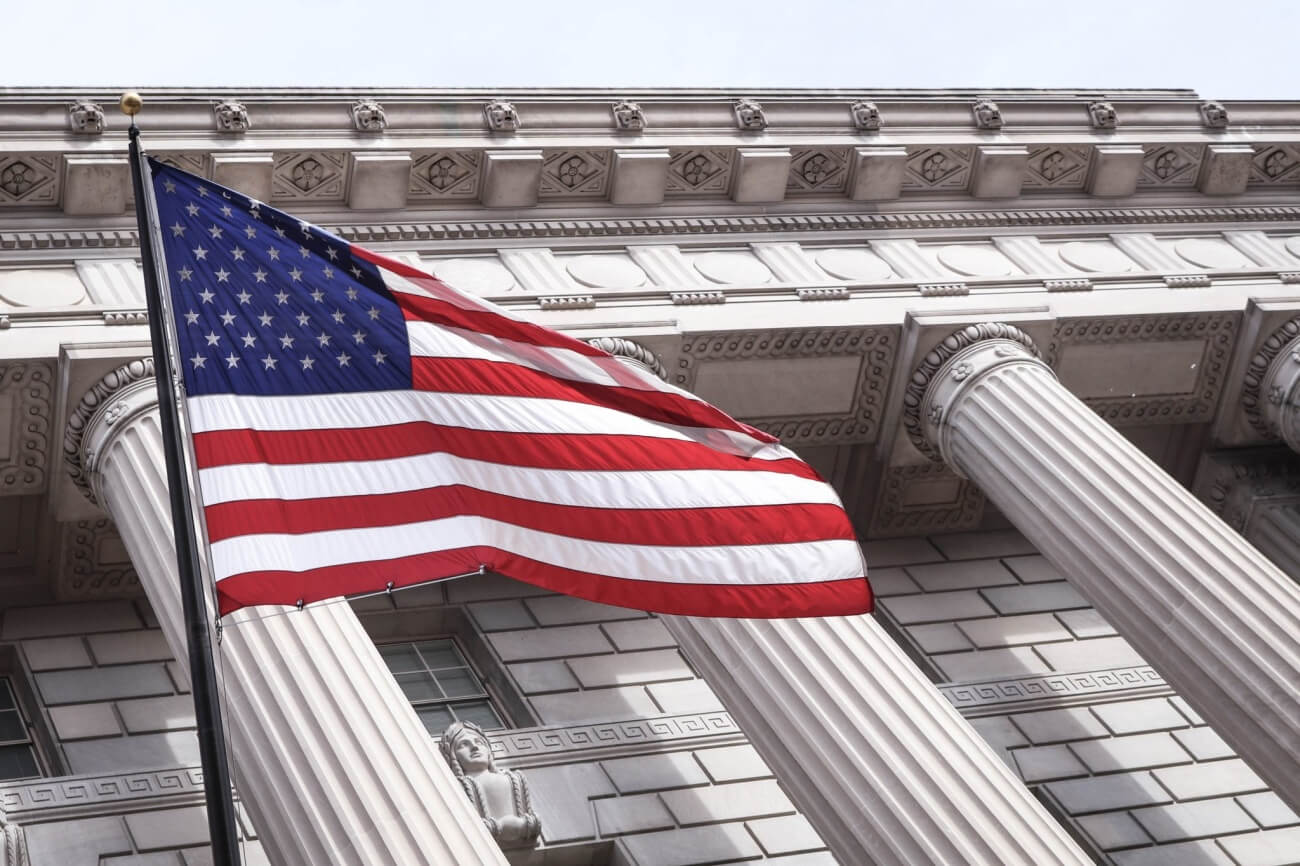KEY INSIGHTS
- Organizations continue to partner with Black Lives Matter to invoke local and national change.
- Politicians answer quickly with policy reforms, but not all suggestions for reform have been implemented.
- 75 percent of Americans agree that more funds allocated for economic development in poor communities could lower crime rates.
Since 2013, Black Lives Matter has been the catalyst for police brutality awareness and a social movement. Local BLM chapters around the U.S. have demanded accountability in the murders of Black citizens at the hands of police. BLM also works with partners to enhance solutions for a variety of issues affecting people of color.
The combined BLM protests and collaborations is creating progress for racial equity.
UndocuBlack Network, a multigenerational group of Black undocumented people, aims to improve the Black community, provide resources and cultivate plans to improve immigration policy. The organization championed the H.R. 6 Bill, the American Dream and Promise Act 2019, which created a pathway to U.S. citizenship for immigrant youth.
The act allows a Legalized Population Survey, LPS participation in the pathway to citizenship through the Conditional Permanent Resident, CPR, allowing applicants to serve in the United States Armed Forces or obtain two-year degrees from U.S. colleges and educational institutions.
The Movement of Black Lives, a collective centered around the Black community, also contributes to the advancement of pro-Black policy. M4BL created acts like The Breath act that mobilizes taxpayer dollars to improve public safety reforms. M4BL also advocates for better policies for Black citizens in the wake of the pandemic and also plans to reform the political space providing full technology and universal internet access without discrimination.
Color of Change has also risen to the forefront of progressive policy by helping people effectively respond to injustice in the world. Color of Change created InsurrectionIncorporated.com to recruit businesses like Toyota, Cigna and AT&T to stop funds from debasing the U.S. For example, Color of Change PAC leaders worked with Toyota executives to divert funds from congress members who supported the January 6 insurrection.
While some politicians and police departments hurriedly responded to BLM protests during the summer of 2020, progress has been slow.
Police departments have made strict changes to their tools and arrest policies. In a Vice article, fewer body cameras and different kinds of community policies are being implemented. These actions could be a result of BLM protests to reduce lethal force. The larger the BLM participants the fewer police homicides.
Philadelphia Mayor Jim Kenney created the Pathways to Reform, Transformation, and Reconciliationto enhance public safety and equity. Though the plan banned tear gas and police from kneeling on the neck or head, it did not redirect police funding to other policy reforms.
Unfortunately, economic reform wasn’t much better for Black-owned businesses. Philadelphia gave $13 million to the Inclusive Economy subcommittee, with 66 percent of loans awarded to minority businesses. It is not clear where the money was distributed among Black businesses.
In Buffalo, New York, Mayor Byron Brown lost the primary win to India Walton over policy plans. Walton’s policies focused on challenging gentrification and Brown’s policies pertained to economic growth that negatively affected Black communities.
Public views and engagement of African Americans have changed from BLM protests.
According to a 2020 Gallup report, Americans agree that there are equal opportunities for Black and white people, sentiments on equality in opportunity based on race are at the lowest point since observing the issues in 1963.
The job market and house market views of racial equity are different between black and white people from past Gallup reports. Overall, 50 percent of Americans think Black and white people have equal opportunities in the job market, a number higher than Gallup’s 1963 report of 38 percent during the civil rights movement. The low drops in opinions of race equality are in partial result of current racial turmoil in the death of George Floyd and protests.
According to the Washingtonpost report, views on crimes being linked to social deprivation have changed. Almost 60 percent of Americans say crime is a serious problem in the country. Fifty-five percent of survey participants agree that increased spending on police could lower the crime rate, 75 percent believe that growing funding to build economic opportunities in poor communities could also lower violent crime.
There is a want for police reform in addition to racial equality, but some want the police as well according to a new poll from Vox and Data for Progress. 1,209 voters wanted Congress to pass overdue police reform legislation. One of the bills, the George Floyd Justice in Policing Act, specifies a ban on chokeholds, body cams and qualified immunity for cops in legal cases.
Local protests around the country and increased need for government intervention have brought about national changes in racial equality awareness.
On June 21, 2021, President Biden signed legislation to law to make Juneteenth a federal holiday, perhaps one of the most significant policy changes due to recent protests. The Boston Globe examined the discrepancy among Republican senators who voted in favor of Juneteenth becoming a federal holiday while voting against legislation that benefits African Americans.
BLM has contributed to reorganizing and bringing awareness to the rights of Black U.S. citizens. Local and national levels of support have aligned across the spectrum. The pandemic and last year’s protests have shed light on the prolonged battle of racial equity.

